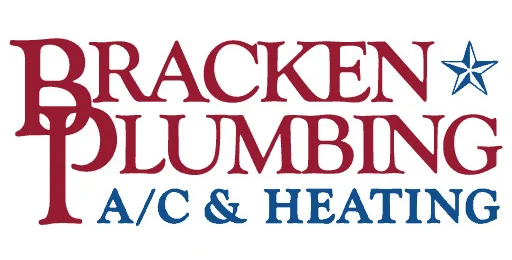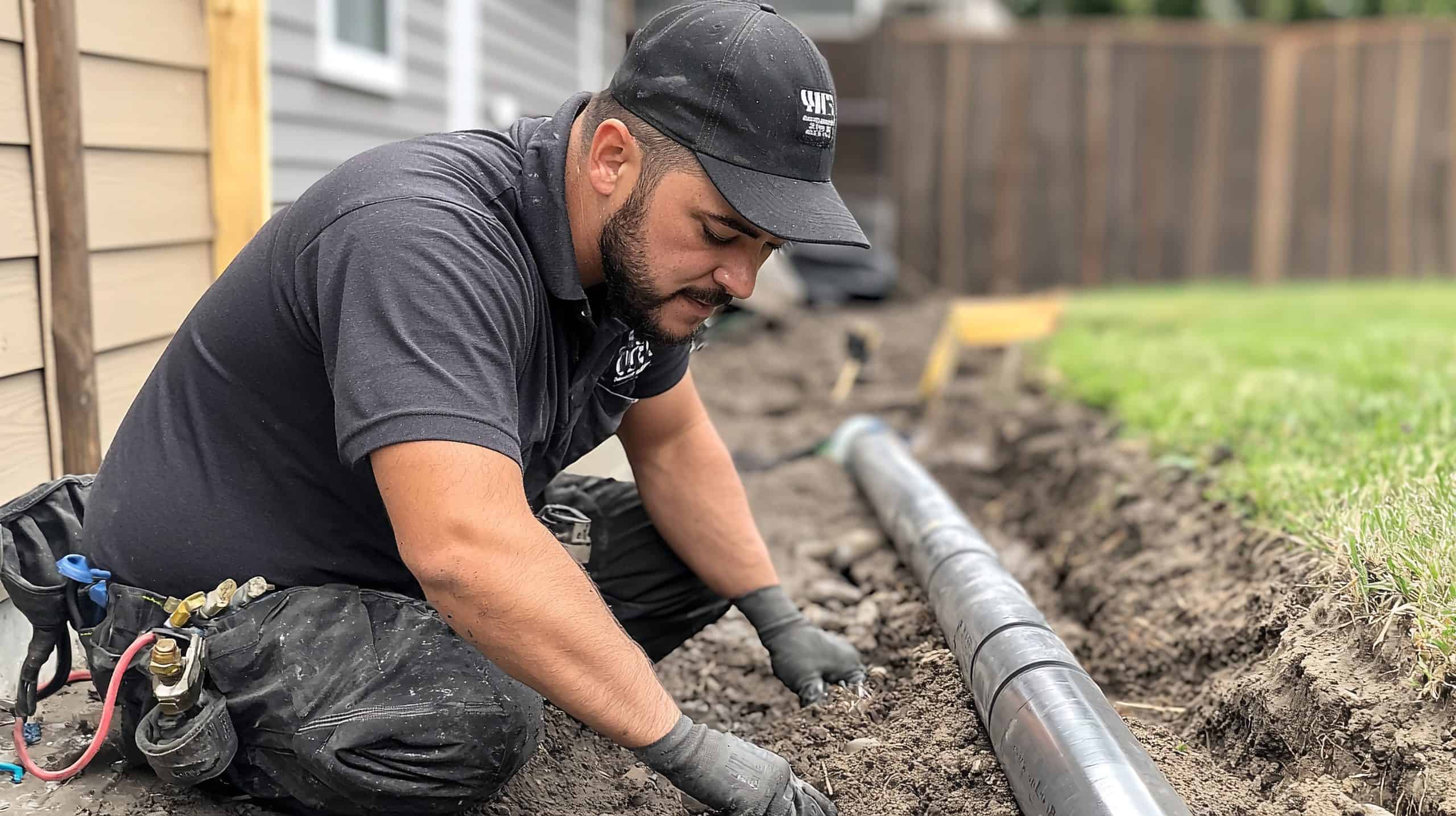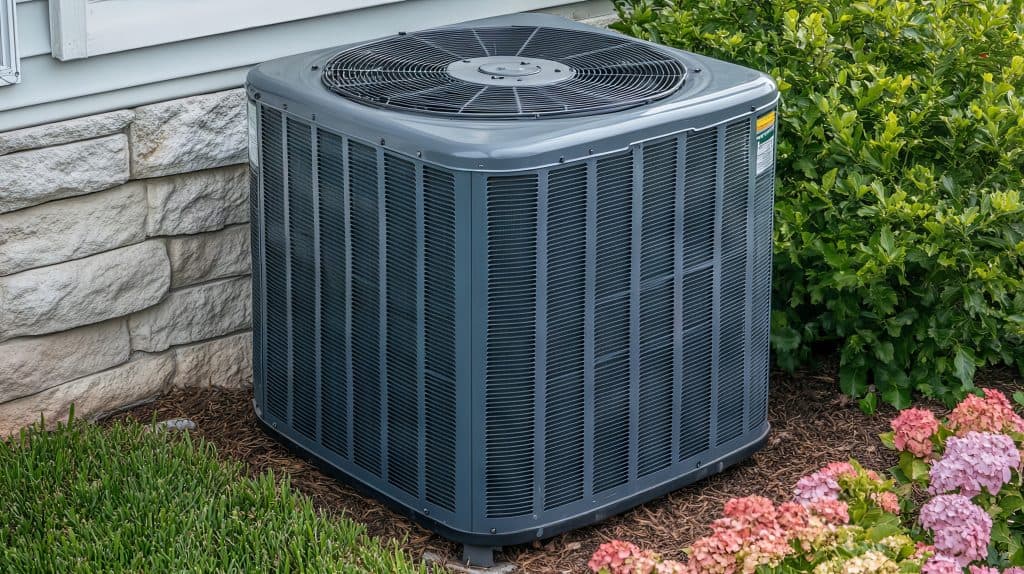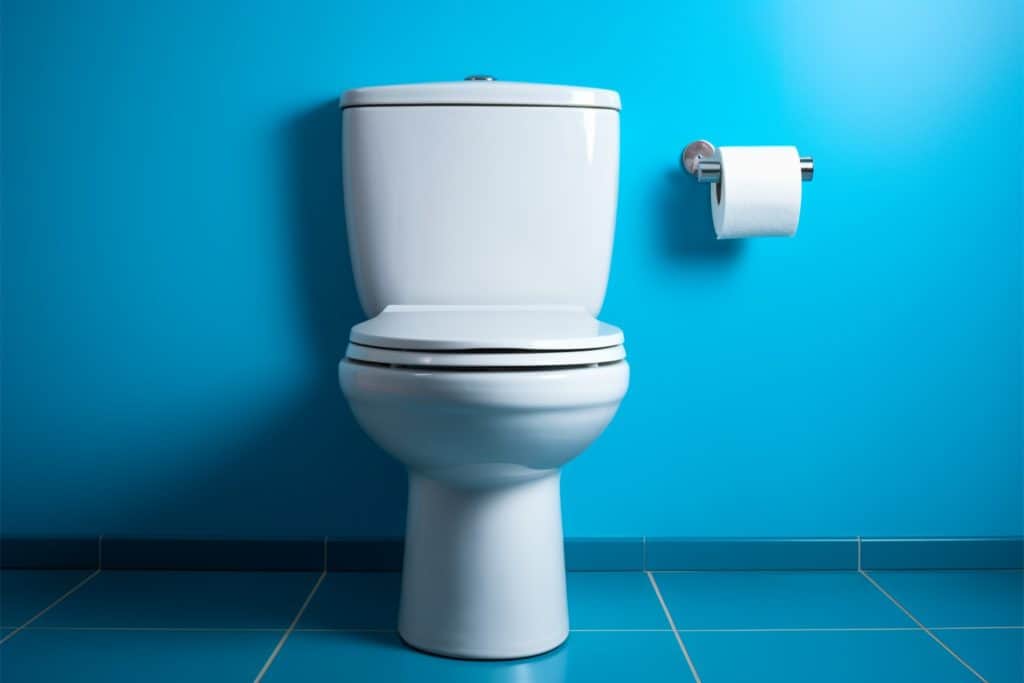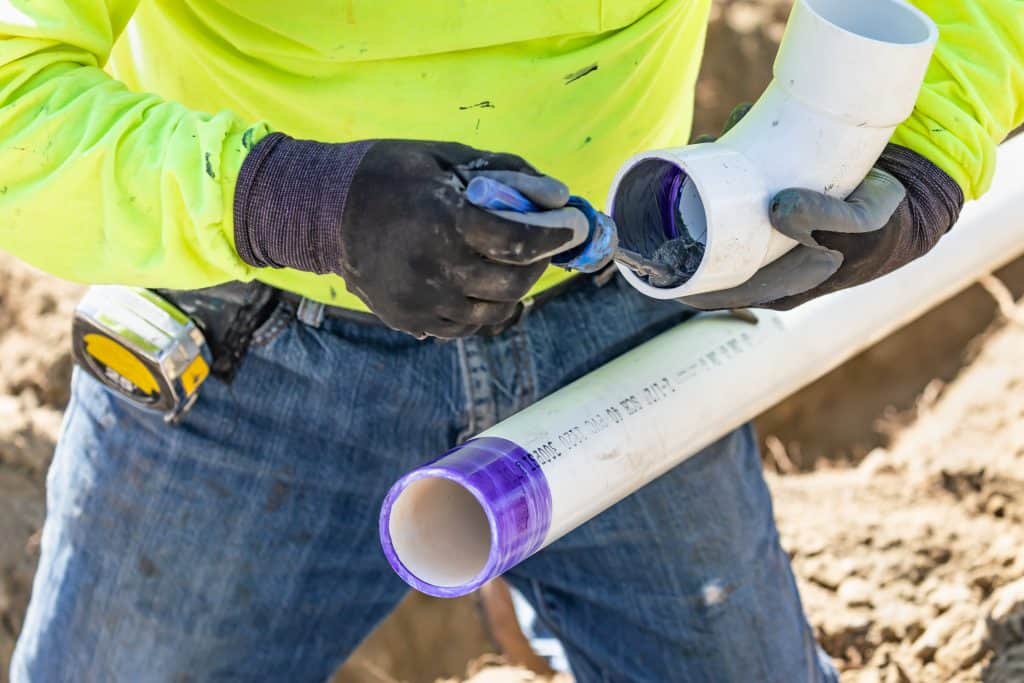Navigating Sewer Line Responsibilities
Understanding who is responsible for sewer line repair can be a perplexing issue for many homeowners. This responsibility is crucial, especially when plumbing issues arise, potentially leading to costly repairs. Homeowners often find themselves questioning where their responsibilities end and the city’s begin. This article delves into these complexities, offering clarity on the demarcation of responsibilities and guiding you on the necessary actions when problems occur.
The intricacies of sewer line responsibility can be daunting. Homeowners must navigate the boundaries of their property to determine where their obligations lie. This understanding is not just about avoiding unnecessary expenses but also about ensuring the smooth operation of your home’s plumbing system. As we explore these boundaries, you’ll gain insights into the roles both you and the city play in maintaining this essential infrastructure.
In the following sections, we will explore the typical boundaries of sewer line responsibility, the specific duties homeowners must undertake, and the city’s role in maintaining sewer lines under the street. By the end of this article, you’ll have a clear understanding of your responsibilities and the steps to take when faced with sewer line issues.
Determining Sewer Line Boundaries
Sewer lines, though hidden beneath the ground, have clear boundaries that dictate who is responsible for their maintenance and repair. Typically, the homeowner’s responsibility ends at the property line, where the sewer line connects to the main city system. This demarcation is crucial for understanding sewer line responsibility and avoiding disputes over repair costs.
The section of the line running from your home to the property boundary is your responsibility. Beyond this point, the city takes over, maintaining the sewer line under the street. This division ensures that both parties are clear on their roles, preventing confusion when issues arise.
Identifying these boundaries on your property can be straightforward. Start by reviewing your property survey or contacting your local municipality for detailed maps. Understanding these boundaries is essential for determining who is responsible for sewer line repair and ensuring that you address issues promptly and correctly.
Homeowner Responsibilities
As a homeowner, maintaining the section of the sewer line within your property is your responsibility. This includes regular maintenance and addressing any issues that arise. Routine inspections and cleaning can prevent blockages and costly repairs, ensuring your plumbing system functions smoothly.
Common maintenance tasks include checking for leaks, ensuring that drains are clear, and monitoring for signs of potential problems like slow drainage or unusual odors. Taking these preventive measures can save you from significant headaches and expenses down the line. To further understand how to prevent common plumbing issues, you might consider exploring common residential plumbing problems and how to prevent them.
Regular check-ups are vital in identifying early warning signs of sewer problems. Look for signs such as gurgling sounds in your pipes, water backing up in drains, or patches of lush grass in your yard, which might indicate a leak. Addressing these issues promptly can prevent more severe problems and ensure your sewer line remains in good condition.
Navigating Sewer Line Responsibilities: Facts You Must KnowWhen it comes to sewer line responsibilities, understanding the division between homeowner and city roles is crucial. Here are essential facts to shed light on this intricate matter:
|
City Responsibilities
The city’s role in maintaining sewer lines is crucial, particularly when it comes to those lines that extend beyond individual property boundaries. The city is typically responsible for the sewer line under the street, ensuring that the main lines are functioning correctly and efficiently. This responsibility includes regular maintenance and prompt repairs to prevent disruptions in service. Understanding who is responsible for sewer line repair can save homeowners from unnecessary stress and expenses.
When issues arise with the sewer line under the street, the city is obligated to address these problems swiftly. This includes conducting inspections and repairs to ensure the public sewer system remains operational. Homeowners should be aware that any problems occurring beyond their property line, especially those affecting the main sewer line, fall under the city’s jurisdiction.
If a homeowner suspects an issue with a city-managed line, it is essential to contact the local municipal services promptly. Reporting such issues can prevent further damage and ensure a quick resolution. Knowing the boundaries of sewer line responsibility helps in determining the right course of action.
Understanding Your Sewer Line Report
Interpreting a sewer line inspection report is vital for homeowners to understand the health of their sewer systems. These reports provide detailed insights into the condition of both privately and city-maintained lines. A professional assessment can identify potential issues, such as blockages or damages, that may require immediate attention. Understanding who is responsible for sewer line repair is essential when reviewing these reports.
Professional assessments are crucial as they offer an unbiased evaluation of the sewer line’s condition. They help homeowners decide whether repairs are needed and if those repairs fall under their responsibility or the city’s. For guidance on whether to handle issues yourself or seek professional help, check out our article DIY Plumbing Fixes vs. Professional Services.
Based on the findings of a sewer line report, homeowners should take appropriate steps to address any issues. This might include scheduling repairs or maintenance to prevent further complications. Understanding the report’s details can help in making informed decisions about necessary actions.
What to Do When Sewer Issues Arise
Facing sewer line issues can be daunting, but knowing the right steps to take can make the process smoother. The first step is to identify the problem and determine whether it falls under homeowner or city responsibility. Quick action is crucial to prevent further damage and costly repairs. Understanding who is responsible for sewer line repair can guide homeowners in taking the right steps.
Once a problem is identified, contacting a professional plumber is often the best course of action. They can provide a thorough assessment and recommend the necessary repairs. It’s important to choose a professional who is experienced and reliable. In urgent situations, seeking emergency plumbing services can be critical to resolving issues promptly.
In addition to professional help, homeowners should also be aware of any emergency services available in their area. These services can provide immediate assistance in severe cases, ensuring that sewer line issues are addressed quickly.
Choosing the Right Professionals
Selecting the right plumbing services is essential when dealing with sewer line issues. Homeowners should consider several factors, such as the experience and reputation of the service provider. A reliable plumber will have a proven track record of handling similar issues efficiently. Knowing who is responsible for sewer line repair can help in choosing the right professional for the job.
Experience is a key factor when selecting a plumbing service. An experienced plumber will be familiar with the complexities of sewer line systems and can provide effective solutions. Additionally, checking the reputation of the service provider through reviews and testimonials can offer insights into their reliability. For more tips on choosing a reliable service, explore Choosing a Reliable Commercial Plumbing Service.
Service guarantees are another important consideration. A reputable plumbing service will offer guarantees on their work, providing peace of mind to homeowners. This assurance can be crucial when dealing with complex sewer line issues that require professional expertise. .
FAQ: Navigating Sewer Line Responsibilities
This FAQ section aims to address common questions homeowners have about sewer line responsibilities. Understanding these responsibilities can save you time and stress.
1. What are the signs I need sewer line repair?
Look out for slow draining sinks, gurgling toilets, or unpleasant odors coming from your drains. These may indicate a problem with your sewer line. If multiple drains clog at once, it points to a bigger issue.
2. How can I find out where my property line ends?
Your property’s boundary lines are in your property survey documents. You can usually get these from your local government office or the company that handled your home’s closing.
3. Who should I contact for city sewer line issues?
If you suspect a problem with a city sewer line, reach out to your local public works department. They handle repair and maintenance of sewer lines beyond your property line.
4. What costs are associated with sewer line repairs?
Repair costs vary based on the problem’s scope. Simple clogs may cost less than $200, while major repairs can exceed $5,000. It’s best to get quotes from multiple sources.
5. Are there preventative measures to avoid sewer line issues?
Yes, regular inspections and cleanings help maintain clear lines. Avoid flushing non-degradable items, and keep roots from trees and plants away from your sewer lines.
Sewer Line Responsibilities: A Clear Path Forward
When sewer issues arise, knowing where your responsibilities begin and end isn’t just practical—it’s vital. Understanding these distinctions can save you from unnecessary stress and expenses. Homeowners carry the weight of maintaining and repairing the sewer lines running through their property. This means regular inspections and prompt attention to warning signs. It means knowing exactly where your property line ends and the city’s responsibilities begin.
The city takes over where your property line ends. They manage the main sewer lines and ensure public health and sanitation standards. It’s crucial for homeowners to recognize when an issue may be their responsibility or when it falls in the city’s domain. If you suspect an issue with the city’s portion of the line, knowing the right channels for reporting is essential. Armed with this knowledge, you can take swift action to resolve any problem.
Homeowners who are proactive in understanding their sewer line responsibilities can prevent minor issues from turning into major problems. Regular maintenance and inspections can keep your system running smoothly and avoid costly repairs. This diligence not only safeguards your home but also protects the community’s infrastructure. In the long run, knowing these responsibilities helps maintain peace of mind and ensures the efficient functioning of your plumbing system.
Take Charge of Your Plumbing System
Maintaining your plumbing system isn’t just about fixing issues when they arise—it’s about being proactive and safeguarding your home’s well-being. By understanding your responsibilities and the importance of regular upkeep, you can protect your investment and ensure your household runs smoothly. Both homeowners and the city play vital roles in keeping sewer systems functioning properly, and your active participation makes a significant difference.
If you’re ready to ensure your plumbing system is in top-notch shape, don’t wait any longer. Contact us today for expert guidance and professional services. Trust our experts to help maintain your home’s plumbing integrity and provide peace of mind. Remember, preventing issues before they start is the key to a hassle-free plumbing experience.
